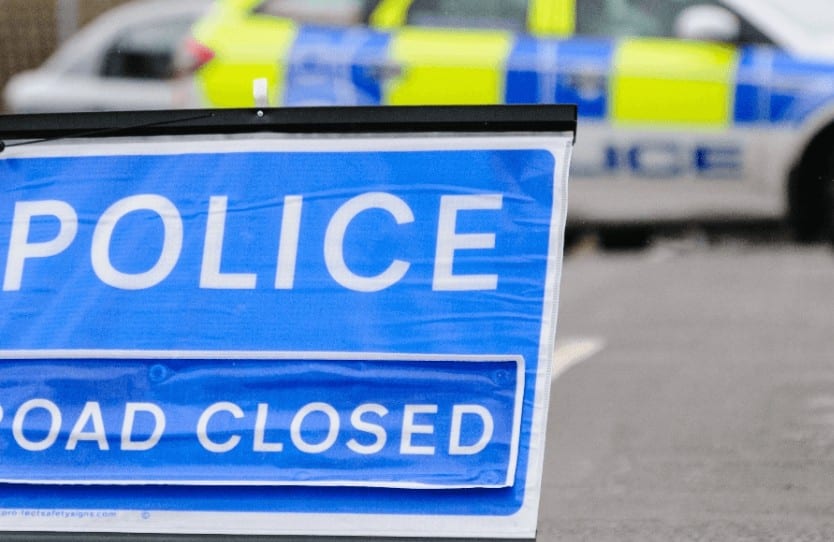You may be compensated if you’ve been injured in a bus or coach accident. Our experienced solicitors specialise in bus accident claims and have successfully helped many road traffic accident victims get the compensation they deserve. Whether you’ve suffered minor injuries like whiplash or more serious harm, we’ll guide you through the claims process and work tirelessly to negotiate fair compensation for recovery costs, lost earnings, and future needs.
How Common are Bus and Coach Accidents?
Bus and coach accidents, while less frequent than those involving other vehicles, still pose significant risks to passengers and other road users. As of the year ending June 2024, there were 1,607 fatalities reported in road collisions across Great Britain. The frequency of these accidents depends on various factors, including road conditions, weather, driver behaviour, and the type of service.

